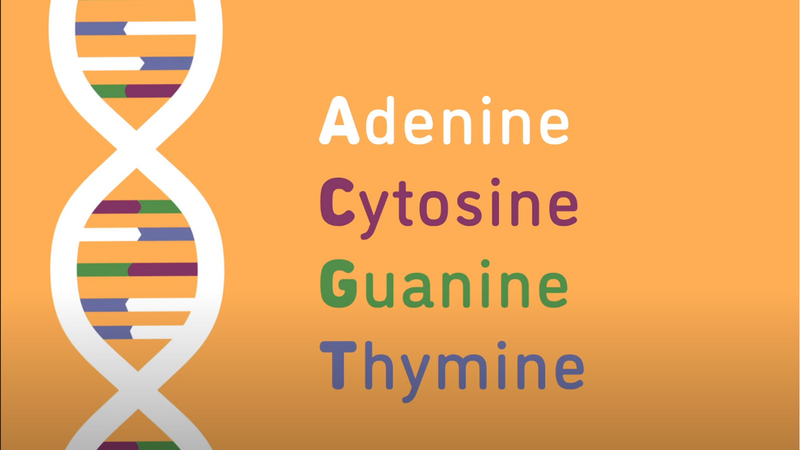Settings
Save and close
Thanks to scientifically based public health advances, the average human lifespan has doubled since 1900. But decreasing mortality for certain diseases has paved the way for other late onset ones like diabetes, chronic kidney disease and Alzheimer’s.
These health issues are expensive to treat and often require prolonged care. But what if there was a way to help us extend ourhealthspan, delaying age-related health issues, repairing damaged organs and improving our quality of life?
Research shows that lifestyle factors have a major influence on our healthspan. Each of us can take control of our own health by being physically active, eating healthy foods, staying mentally active and minimizing stress. We can also avoid tobacco use and not skip out on those appointments to see the doctor and dentist.
As for the big, genetically complex diseases of aging to spend with our families.

Endometriosis is a fairly common gynecological condition that affects 200 million people with uteruses worldwide. So what is this condition, exactly, and what can be done about it?
View more
We all want to live long lives, but not at the expense of our health!
View more

The trillions of bacteria, fungi and viruses that live on the skin all over our bodies is part of the microbiome.
View more
Discover what genetic resilience is and how our genetic makeup can protect us from disease in this Minute to Understanding from The Jackson Laboratory!
View more
Mutations in our genes can cause life-threatening diseases, and sometimes there is no drug or surgery available for your doctor to prescribe. Enter gene therapy.
View more
Learn how epigenetic changes can affect an individual — without physically changing their DNA sequence.
View more
The difference between genetics and genomics is not just the letter "O."
View more
Every person in the world is different. We all have physical characteristics and quirks that make us unique. But what, biologically, makes us who we are?
View more
Discover what DNA is and how it serves as the genetic instruction manual for life. Learn how DNA sequences determine traits and pass heritable information from one generation to the next.
View more
What are telomeres? Telomeres are structures made from DNA sequences and proteins found at the ends of chromosomes. They cap and protect the end of a chromosome like the end of a shoelace.
View more
Explore bite-sized science with Minute to Understanding. Quick, easy-to-remember videos simplify complex scientific terms and breakthroughs. Perfect for staying informed on the latest advancements.
View more
Explore DNA variants and discover how mutations during DNA replication make each organism unique. Learn about their role in genetic variation and their potential impact on life.
View more
Discover the role of chromosomes in cell division and genetic data storage. Learn how these DNA-packed structures enable proper cell function and ensure life’s continuity.
View more